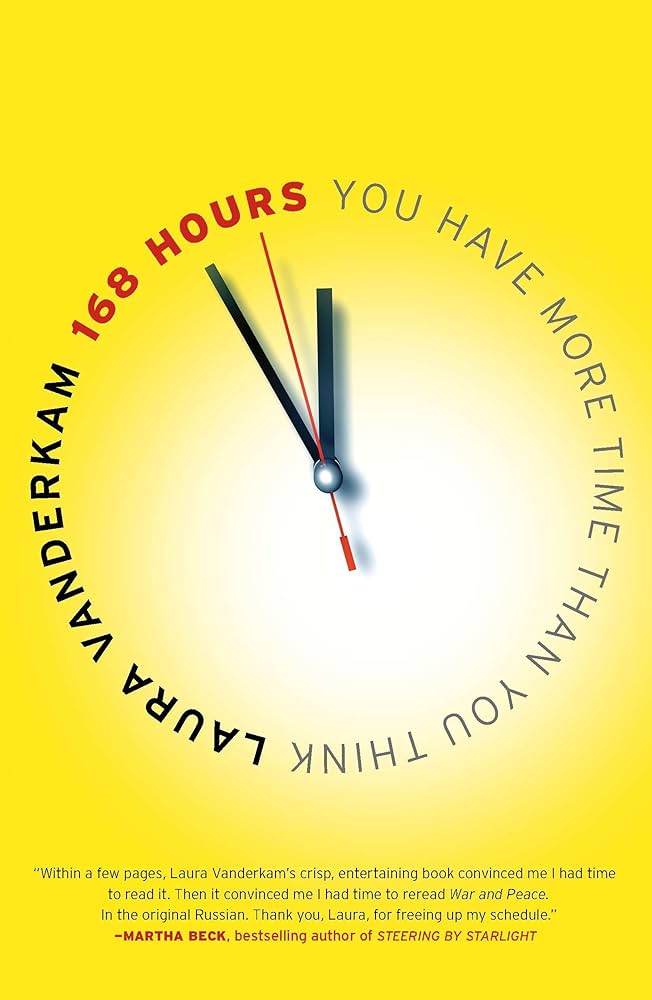
Vanderkam challenges the idea that we are too busy by demonstrating that with proper time management, we can lead fulfilling personal and professional lives within the 168 hours we all have each week.
Key Points:
- Track your time for a week to get a realistic picture of where it goes.
- Prioritize tasks that are most important and fit them into your schedule first.
- Outsource or ignore tasks that don’t contribute to your success or happiness.
Extended In-Depth Summary:
Laura Vanderkam challenges the common complaint of “not having enough time” by pointing out that everyone has the same 168 hours each week. “168 Hours” offers strategies for finding more time for what truly matters by tracking where time really goes, identifying core competencies, and reevaluating old routines. Vanderkam insists that a focus on priorities and strengths can make anyone more productive within the hours available.
Extended Deeper Points:
1. Time Audit: Vanderkam suggests conducting a time audit to really understand where your time is going. This can often lead to surprising realizations about how much time is spent on non-essential activities.
2. Core Competencies: She encourages readers to focus on what they do best and what only they can do. This can involve delegating or outsourcing tasks that do not play to their strengths.
3. Quality over Quantity: The book advocates for the idea that a few hours spent in high-quality, focused work can be more productive than many hours spent in unfocused effort.
Conclusion:
Vanderkam’s “168 Hours” reframes the time management discussion around the potential of a full week, emphasizing the importance of quality and intentional action over mere busyness. By understanding the total time landscape, the book aligns with the main theme of effective time management, showing that the issue is often not the quantity of time but our perception and use of it.
Back
